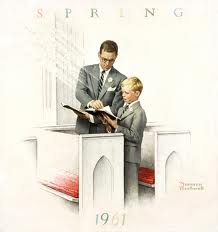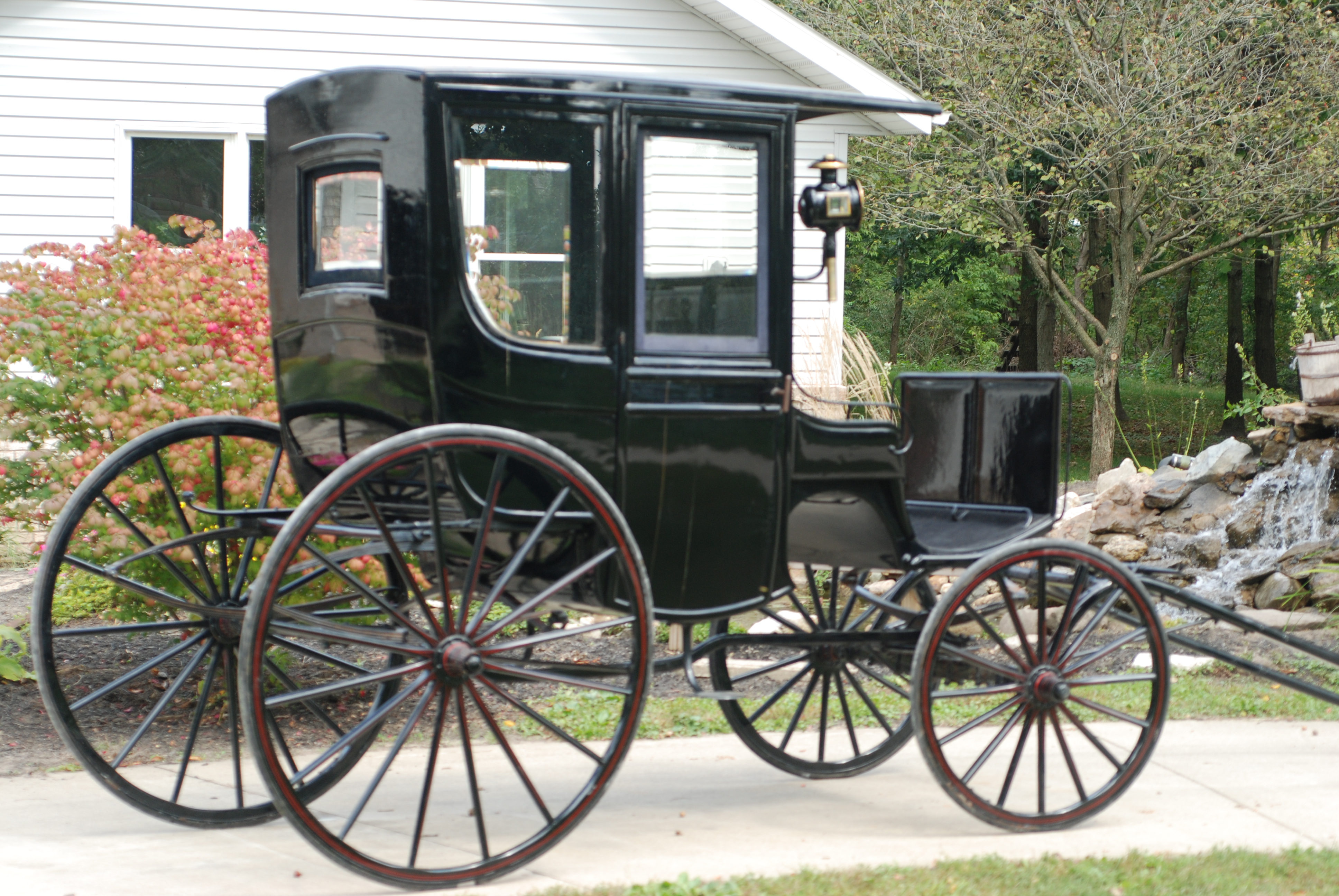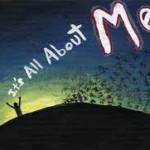“O do not let the Word depart, and close thine eyes against the light; Poor sinner, harden not thy heart: be saved, O tonight. Tomorrow’s sun may never rise to bless my long deluded sight. This is the time, O then be wise: be saved, O tonight. Our God in pity lingers still, and wilt thou thus His love requite? Renounce at once thy stubborn will: be saved O tonight. Our blessed Lord refuses none who would to Him their souls unite; Believe, obey, the work is done: be saved O tonight.”
You can’t sing this old hymn without hearing the urgency in the words to turn your life around and giving your life over to God. But if you read these words closely you might be uncertain as to what you’re actually saying. For example; what does it mean when you sing verse 3… “and wilt thou thus His love requite?” The Old English in this verse is rich, so let’s break it down word by word. ‘Wilt’ is the same as saying will, ‘thou’ is ‘you’ and thus is the same as therefore. But what does the word ‘requite’ even mean? In Webster’s dictionary the word requite means to “repay or return”. Now notice this verse again; “Our God in pity lingers still (translated: God is waiting with compassion for us to come to Him), and wilt thou thus His love requite? (translated: and will you therefore return His love?) Renounce at once thy stubborn will (translated: declare now that you will stop being so stubborn and…) be saved, O tonight.
Elizabeth Reed penned this old spiritual song in 1842. Her message of urgency is clear within the chorus as we repeat the pressing question; “O why not tonight? O why not tonight? Wilt (will) thou (you) be saved? (Do you want to go to heaven?) Then why not tonight? Written more than 150 years ago and the plea is strong and true today. But is there still any urgency in this busy life to change our life styles? Fast cars, tight schedules and misplaced priorities equal a life that is too busy (too stubborn) to slow down and requite anything. However, if we are really wise we’ll come to realize that this is the time, be saved tonight!
If you have never opened God’s word to see what He calls you to do, do that today! Start in the book of Acts and read how God’s church started. This a good day to start and remember, Elizabeth Reed was right when she wrote, “tomorrow’s sun may never rise”. We’re never guaranteed another day, but unless you realize why you have the day you have you will never come to see the urgency of ‘being saved’.







